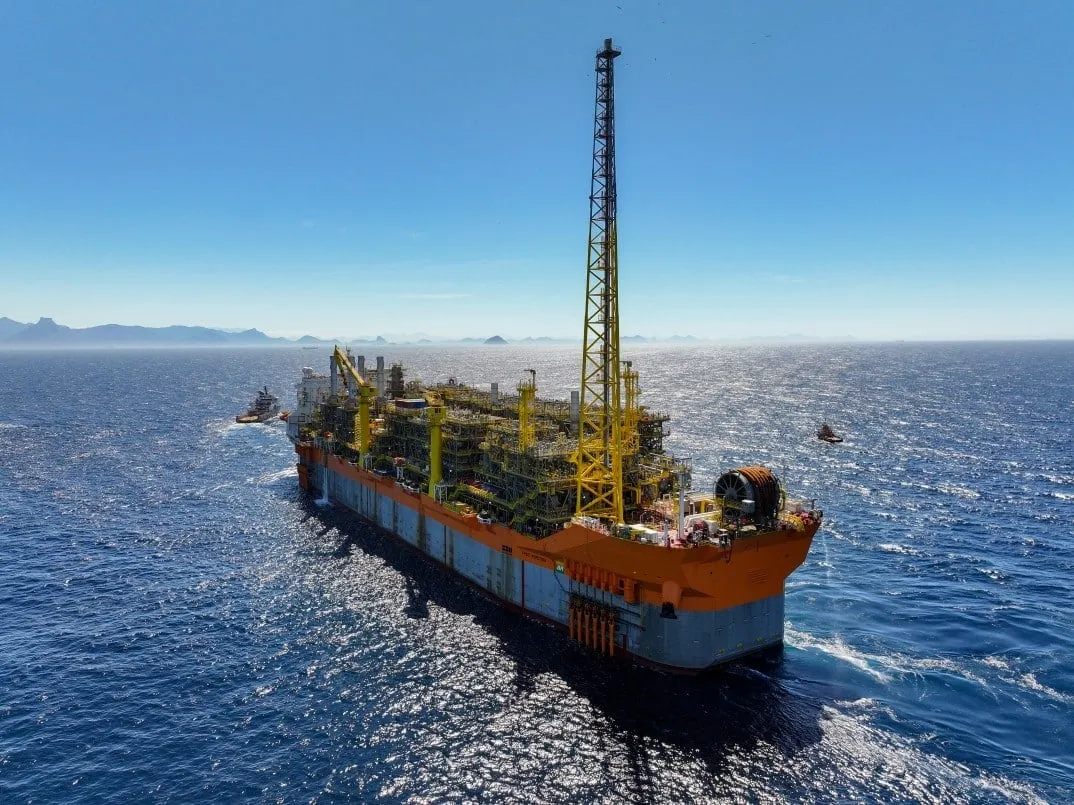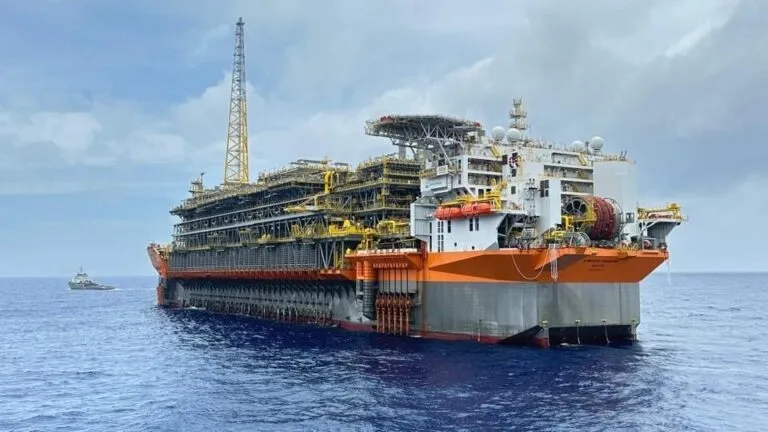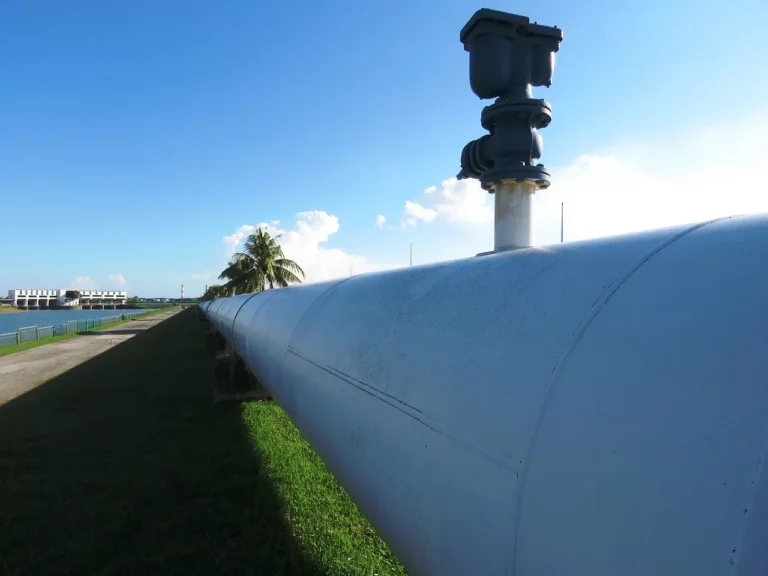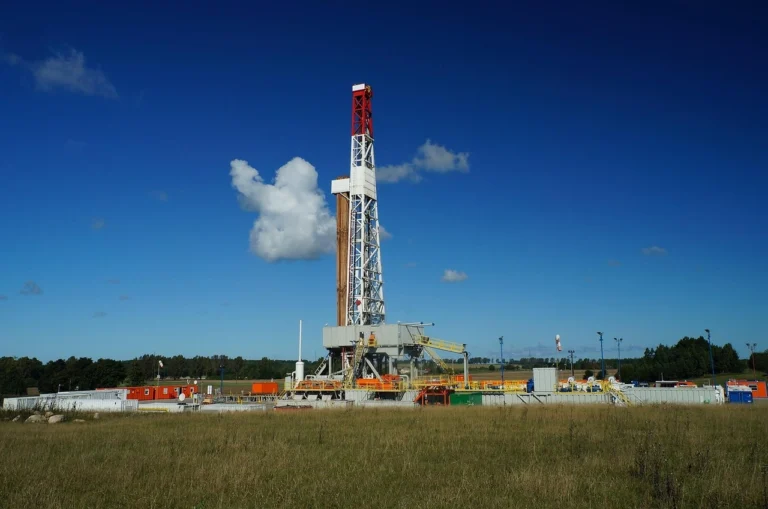
TotalEnergies Announces First Oil from Mero-4, Marking Major Milestone in Brazil’s Offshore Oil Sector
TotalEnergies has achieved a key milestone in Brazil’s offshore oil sector with the announcement of first oil from the fourth development phase of the Mero field, known as Mero-4. Located in the prolific pre-salt Santos Basin, the Mero field lies approximately 180 kilometers off the coast of Rio de Janeiro. This accomplishment not only adds substantial new production capacity to the region but also strengthens Brazil’s position as a leading player in global deepwater oil production.
Overview of the Mero Field
The Mero field is part of the Libra block, one of the most significant pre-salt discoveries in Brazil’s offshore oil sector. The field lies in ultra-deep waters, and its development has been a central component of Brazil’s strategic push to expand hydrocarbon production. Mero’s pre-salt reservoirs contain light crude oil with high productivity potential, making it one of the most attractive assets for international energy companies.
Operated by Brazil’s state-run oil giant Petrobras, Mero is a unitized field. It is developed through a consortium that includes global energy leaders: TotalEnergies (19.3%), Shell Brasil (19.3%), China National Petroleum Corporation (CNPC) (9.65%), China National Offshore Oil Corporation (CNOOC) (9.65%), and Pré-Sal Petróleo S.A. (PPSA) (3.5%)—the latter representing the interests of the Brazilian government in the non-contracted portion of the field. Petrobras retains the largest stake at 38.6%.
Mero-4 Development Phase
Launched in August 2021, the Mero-4 phase is a critical component of the full-field development strategy for the Mero field. This new phase will ultimately connect 12 wells—comprising both production and injection wells—to the newly deployed Floating Production, Storage and Offloading (FPSO) unit, named Alexandre de Gusmão. The FPSO has been designed with an impressive oil production capacity of 180,000 barrels per day (b/d), contributing significantly to Brazil’s offshore output.
The Alexandre de Gusmão FPSO represents advanced offshore engineering and incorporates state-of-the-art technologies aimed at ensuring operational efficiency while adhering to stringent environmental standards. One of the most notable aspects of the Mero-4 development is its strong focus on environmental sustainability. The project incorporates a system for the reinjection of associated gas into the reservoir, which helps reduce greenhouse gas emissions. Furthermore, the FPSO follows a “zero routine flaring” policy—an important feature that aligns with international best practices for minimizing environmental impacts in oil production.

Significance for TotalEnergies and the Consortium
For TotalEnergies, the start-up of Mero-4 marks not only the completion of a major development phase but also the beginning of long-term production operations from one of its most valuable international assets. According to Nicolas Terraz, President of Exploration & Production at TotalEnergies, this achievement represents a key turning point for the company’s operations in Brazil.
“The start-up of Mero-4 marks the end of the development of this world-class field—with the commissioning of four FPSOs in three years—and the start of a long-term production phase generating robust free cash flow,” Terraz said. “This is a great achievement for the Libra consortium and a major milestone for TotalEnergies in Brazil, a key growth country for our company.”
Terraz also emphasized that Mero’s production profile fits well within TotalEnergies’ strategic vision, which prioritizes both cost-effective and low-carbon oil developments. “With its vast resources and high productivity, the Mero field delivers low-cost and low-emission oil production in line with our company strategy and contributes significantly to the achievement of our objective to grow our production by 3% per year between 2024 and 2030,” he noted.
Growing Production Capacity
With the addition of Mero-4, the total production capacity of the Mero field has now reached 770,000 barrels of oil per day. This capacity is being delivered through five FPSO units operating in the field, including the new Alexandre de Gusmão FPSO. Each FPSO is connected to multiple subsea wells via a complex system of risers and flowlines, enabling continuous production from one of the world’s most promising offshore oil fields.
At full operational capacity, TotalEnergies’ share of production from the Mero field is expected to be around 100,000 barrels of oil equivalent per day (boe/d). This volume represents a significant addition to the company’s global output and highlights Brazil’s increasing importance in TotalEnergies’ upstream portfolio.
Strategic Importance of Brazil
Brazil has emerged as a critical hub for international oil companies, especially due to the enormous resource potential of its pre-salt basins. The pre-salt layer, which lies beneath a thick layer of salt under the ocean floor, holds some of the world’s largest untapped oil reserves. These reservoirs offer high flow rates and long production lifespans, making them particularly attractive for investment despite the high technical complexity and cost of development.
For TotalEnergies, Brazil represents a key growth market as the company seeks to balance its energy portfolio with low-carbon oil and gas assets. The company is expanding its presence in the country not just through offshore production, but also via investments in renewables and low-carbon energy infrastructure, reinforcing its long-term commitment to Brazil’s energy transition.
Technological Excellence and Environmental Stewardship
The Mero-4 project exemplifies how modern offshore oil production can balance economic viability with environmental responsibility. The FPSO Alexandre de Gusmão is outfitted with advanced systems to monitor and manage emissions, making it one of the most environmentally conscious production units deployed by the consortium.
The reinjection of associated gas into the reservoir is a particularly notable feature. This approach not only reduces carbon emissions but also helps maintain reservoir pressure, enhancing the efficiency and longevity of the field. Additionally, the adoption of a zero routine flaring policy means that excess gas is not simply burned off into the atmosphere, further minimizing the project’s environmental footprint.
These measures demonstrate the consortium’s dedication to aligning oil production activities with global climate objectives, including those set forth in the Paris Agreement. As governments and companies around the world push for more responsible energy production, projects like Mero-4 set a benchmark for the industry.







